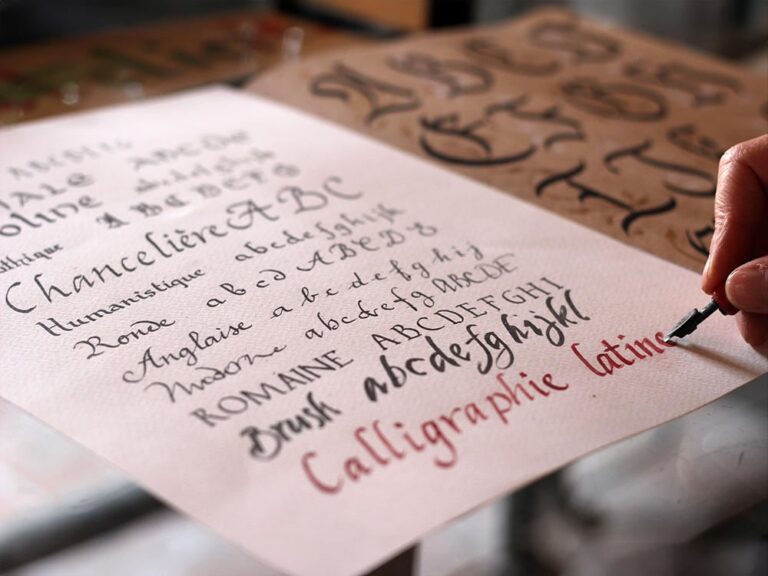Grammar: Future Simple, irregular
The Future Simple tense of regular verbs was covered in a previous post here. That post explained how to find the future simple stem of a regular -er, -ir or -re verb, as well as the appropriate future simple endings.
This post, however, is a list of the most important verbs whose future simple stems do not follow the rules of regular future simple stems. These tend to be more frequently used verbs. So it is important to get to know their future simple stems. Not only so that you can form the future simple tense, but also so that you can form the Present Conditional Tense. That’s because the Present Conditional uses the future simple stem as its own stem.
Frequently used verbs: irregular future simple stems
| VERB | MEANING | STEM | EXAMPLE |
| être | to be | ser- | je serai |
| avoir | to have | aur- | j’aurai |
| aller | to go | ir- | j’irai |
| faire | to do, to make | fer- | je ferai |
| venir | to come | viendr- | je viendrai |
| devoir | to have to, must | devr- | je devrai |
| vouloir | to want | voudr- | je voudrai |
| pouvoir | to be able, can | pourr- | je pourrai |
| savoir | to know (how) | saur- | je saurai |
| voir | to see | verr- | je verrai |
Infrequently used verbs: irregular future simple stems
| VERB | MEANING | STEM | EXAMPLE |
| acquérir | to acquire | acquerr | j’acquerrai |
| courir | to run | courr- | je courrai |
| cueillir | to gather | cueiller- | je cueillerai |
| décevoir | to deceive | to décevr- | je décevrai |
| envoyer | to send | enverr- | j’enverrai |
| falloir | to be necessary | faudr- | il faudra |
| pleuvoir | to rain | pleuvr- | il pleuvra |
| recevoir | to receive | recevr- | je recevrai |
| tenir | to hold, keep | tiendr- | je tiendrai |
| valoir | to be worth | vaudr- | il vaudra |







One Comment
Comments are closed.